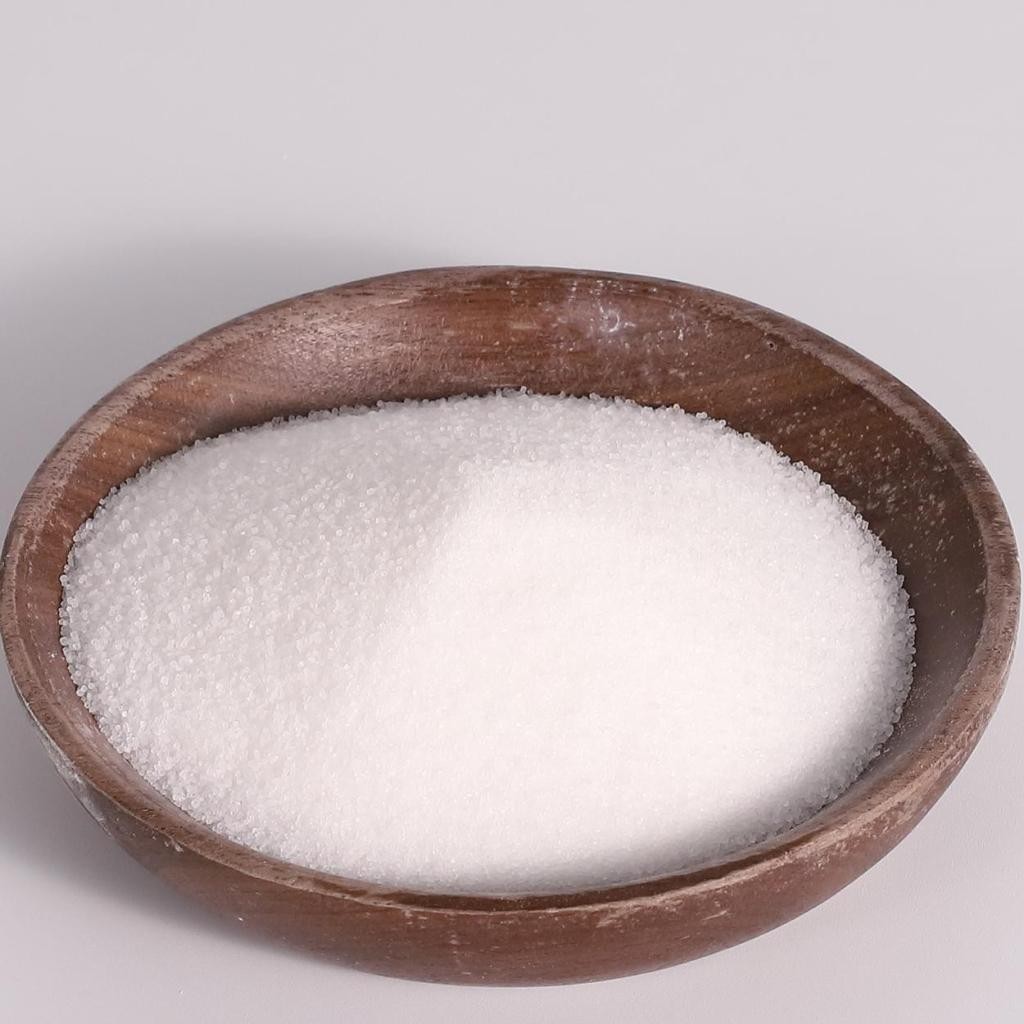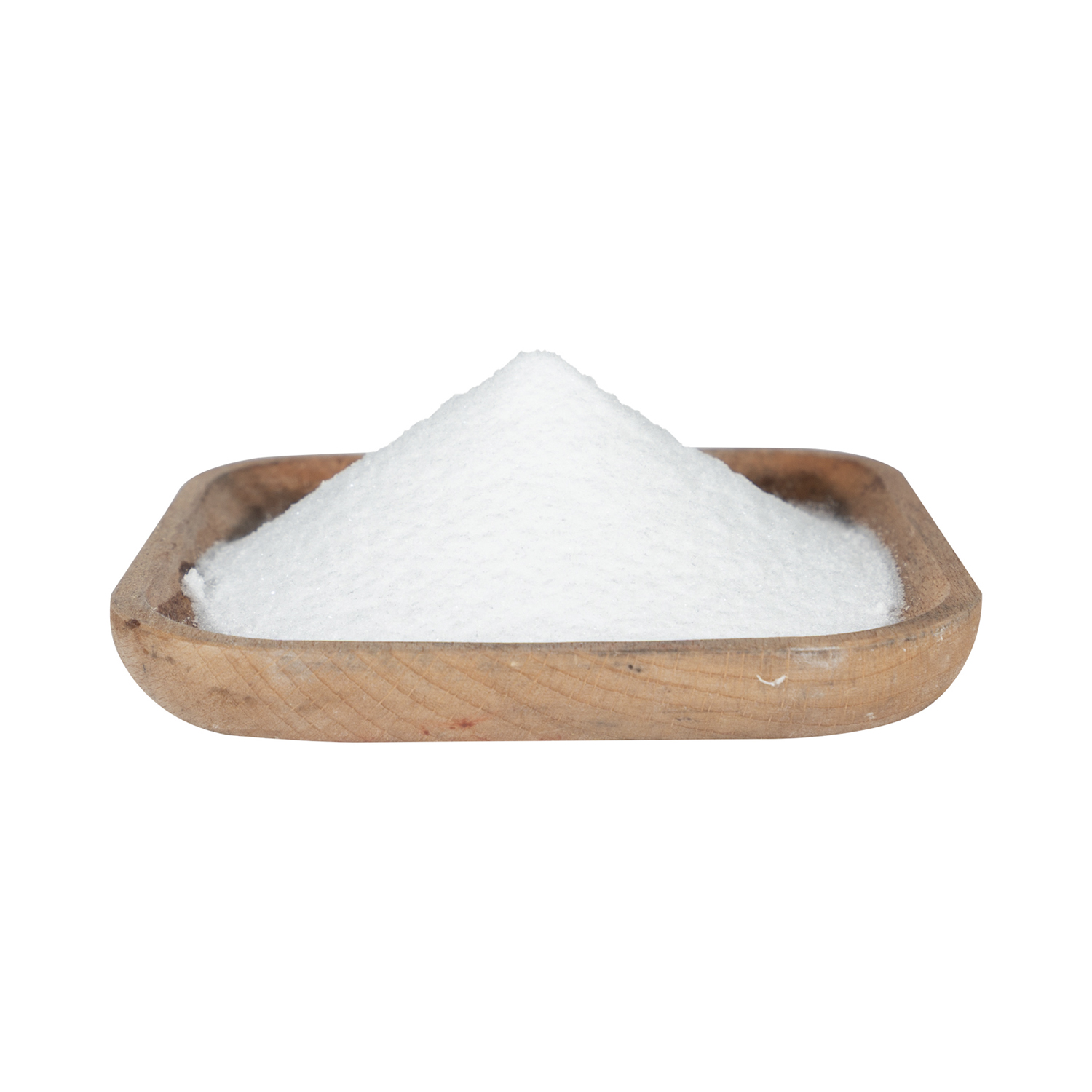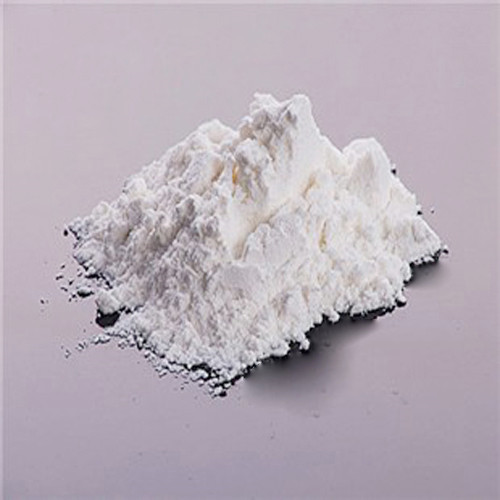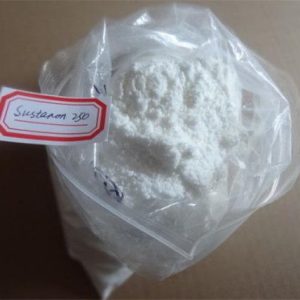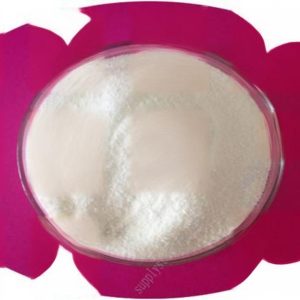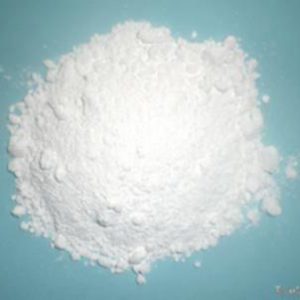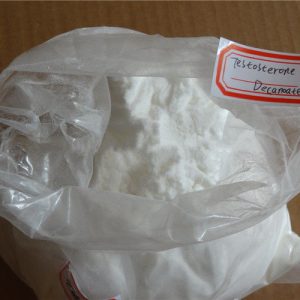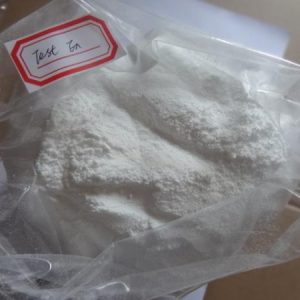Benzocaine hydrochloride is a white crystalline solid at room temperature and pressure, and has poor solubility in water. It is the hydrochloride form of the local anesthetic benzocaine. Benzocaine is a local anesthetic that works by blocking nerve conduction and inhibiting electrical signals to reduce sensory nerve transmission, thereby achieving the purpose of local anesthesia. The chemical nature of this substance is para-aminobenzoic acid ester, and making it into a hydrochloride form is conducive to the preservation and storage of the drug molecule.
Mechanism of Action
The pharmacological effect of benzocaine hydrochloride is the same as that of benzocaine, and its anesthetic effect is weaker than that of procaine. This substance has the characteristics of slow local absorption and long-lasting effect. As a local anesthetic, benzocaine can block electrical stimulation of nerve endings, reduce the permeability of nerve cell membranes, thereby inhibiting nerve impulses or transmission, and making the local area no longer sensitive or painful. Specifically, it can inhibit the transmission of nerve impulses by blocking sodium ion channels. At nerve endings, when sodium ion channels act, they can cause an increase in intracellular sodium ion concentration, thereby triggering nerve impulses. Benzocaine can block the action of sodium ion channels, thereby effectively inhibiting the channel flow of sodium ions and the transmission of nerve impulses. This can produce the effect of local anesthesia, so that patients will not feel pain during surgery, treatment or examination.
Indications
This drug can be used to treat pain caused by various reasons, such as hemorrhoids, endoscopy, nasogastric tube insertion, throat pain, oral diseases (such as oral ulcers, dentures, toothache, etc.), ear pain (acute otitis media, otitis externa), skin injuries (such as trauma, burns, abrasions and ulcers, etc.), and can also be used for surface anesthesia of skin and mucous membranes.
Instructions for use
Benzocaine hydrochloride is similar to lidocaine, but its toxicity is greater than lidocaine hydrochloride. It is often used for local anesthesia, acupuncture anesthesia, etc. Its mechanism of action is to inhibit neurotransmitters and block nerve transmission, thereby achieving anesthesia. It should be noted that benzocaine hydrochloride is a strong drug, and excessive or unreasonable use may cause serious side effects. Before using this drug, it must be evaluated and guided by a professional doctor and used according to the doctor’s instructions to avoid unnecessary harm to the body. In addition, the drug should not be used for a long time to avoid drug resistance.
Benzocaine hydrochloride powder Chemical Properties
Melting point 291-292 °C
Boiling point 118-119 °C(Press: 0.8 Torr)
storage temp. Inert atmosphere,Room Temperature
solubility DMSO (Slightly), Water (Slightly)
form Solid
color White to Off-White
Water Solubility Water: Insoluble
Stability: Hygroscopic
InChI InChI=1S/C9H11NO2.ClH/c1-2-12-9(11)7-3-5-8(10)6-4-7;/h3-6H,2,10H2,1H3;1H
InChIKey JAADDQHUJDUAKW-UHFFFAOYSA-N
SMILES C1(C=CC(N)=CC=1)C(=O)OCC.Cl
CAS DataBase Reference 23239-88-5(CAS DataBase Reference)
More Introduction:https://en.wikipedia.org/wiki/Benzocaine
